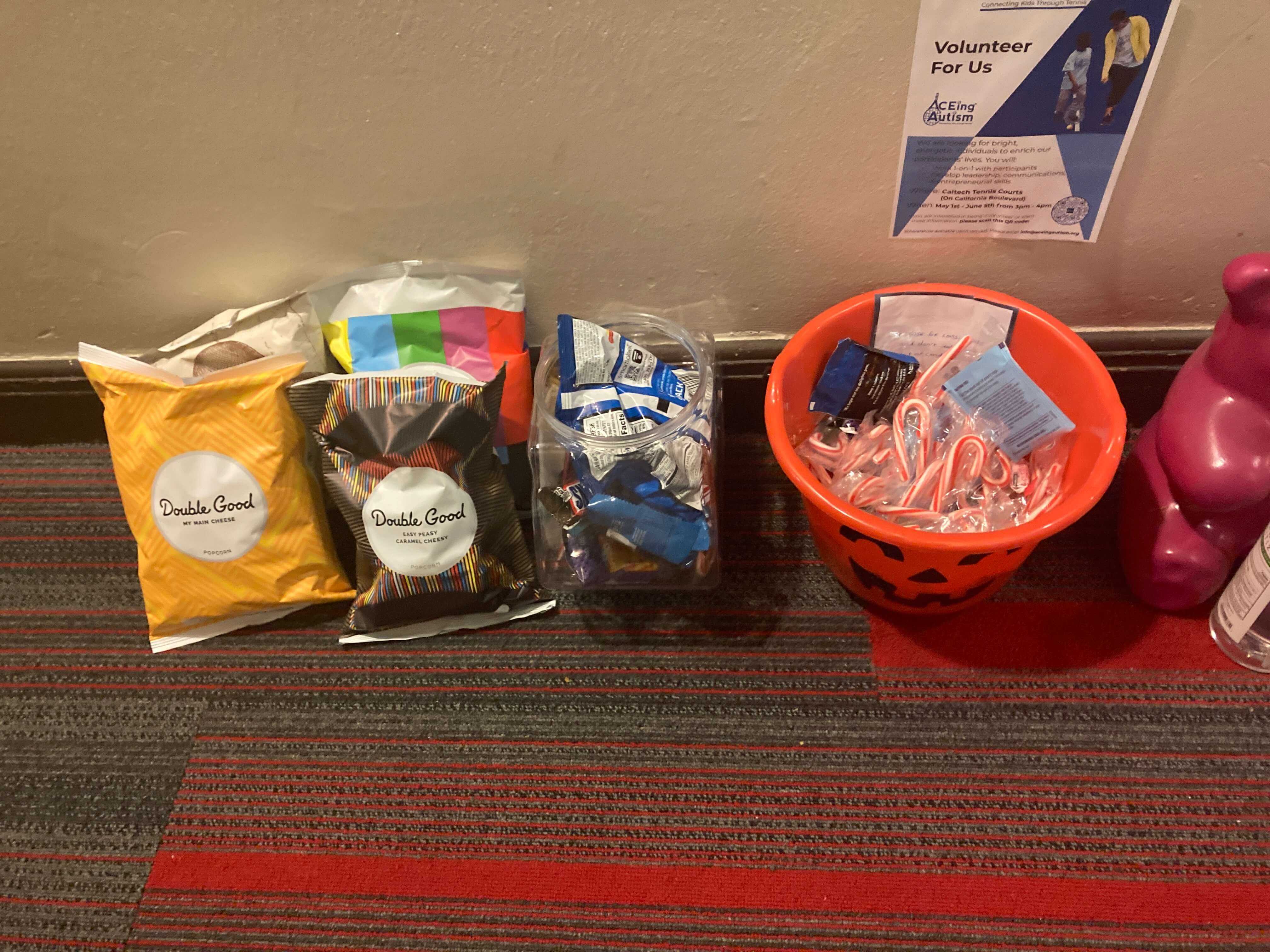
Peer Advocates
I’ve been involved with the Peer Advocate program since my freshman year at Caltech. I always regarded myself as a person who could listen to and empathize with others, and enjoyed serving that role to my friends and peers in high school. A Peer Advocate is trained to build listening skills to address mental health issues in their peers and to improve the residential experience through hosting office hours and house events. It’s one of the most unique programs at the school and provides a valuable resource for all Caltech students.
There are many different facets to the PA role. As someone who’s been involved since I interviewed for the position freshman year, my responsibilities in the program grew to involve planning events, managing the PA house budget and coordinating other logistics so make sure the house had access to PAs as a resource. In general, the lifetime of a PA goes like this: the program is advertised later in winter term, and though freshmen are typically encouraged to apply,, many upperclassmen such as sophomores and juniors do so as well. Every house has a slightly different process, but the new PA applicants fill out a form with written questions and are then invited for an interview with the current house PAs, the house RA and one of the directors of the campus-wide PA program. While sitting in with potentially five to six interviewers may seem like a daunting experience, the process tends to be fairly relaxed since it’s contained within the house with people you already know.
If you’re selected to be a new PA, you get to take a class with the PA program directors and the other new PAs in the spring term. This class normally runs for two hours once a week late at night (usually 7p-9p timeframe). Many of the skills important to supporting your peers as a PA are taught in this class, such as active listening skills, responding to different types of mental health crises, understanding how to empathize with others, etc. A large part of the course is based on role-playing where someone enacts a potential scenario you may face as a PA, and you develop skills on how to respond appropriately. The class has always been helpful in transitioning PAs into their new roles and teaching the wide breadth of skills required to serve in the position effectively.
A lot of the support PAs provide is environmental. While I’ve dealt with my fair share of individual cases throughout the years, background support is a large part of supporting your peers. I hold weekly office hours, where people can drop in and talk about anything. I keep a bucket of candy outside of my room for members of my house to take, in addition to a box of other basic products, such as menstrual pads/tampons, condoms, etc. The PA program provides a budget for each house, so we can plan an event for the house each term. For example, we had a Donut night in the fall, where people came to the dining hall to grab donuts and just chat. Before COVID, we would host larger house lunches on the weekends when dining options are less available, so that the house could get together and have a nice catered meal.
All in all, I would really recommend looking into becoming a PA if you’re interested in doing any of the things I’ve mentioned above. Another added benefit is that first time PAs normally have a guaranteed house pick, so you’ll be able to stay involved in the house both through your position and your living situation on campus. If you enjoy your role, you can come back in subsequent years as a returning PA and continue talking to your peers and helping to plan events. I hope this blog post provided some good details and information about the program, and maybe even inspired you to apply yourself!



